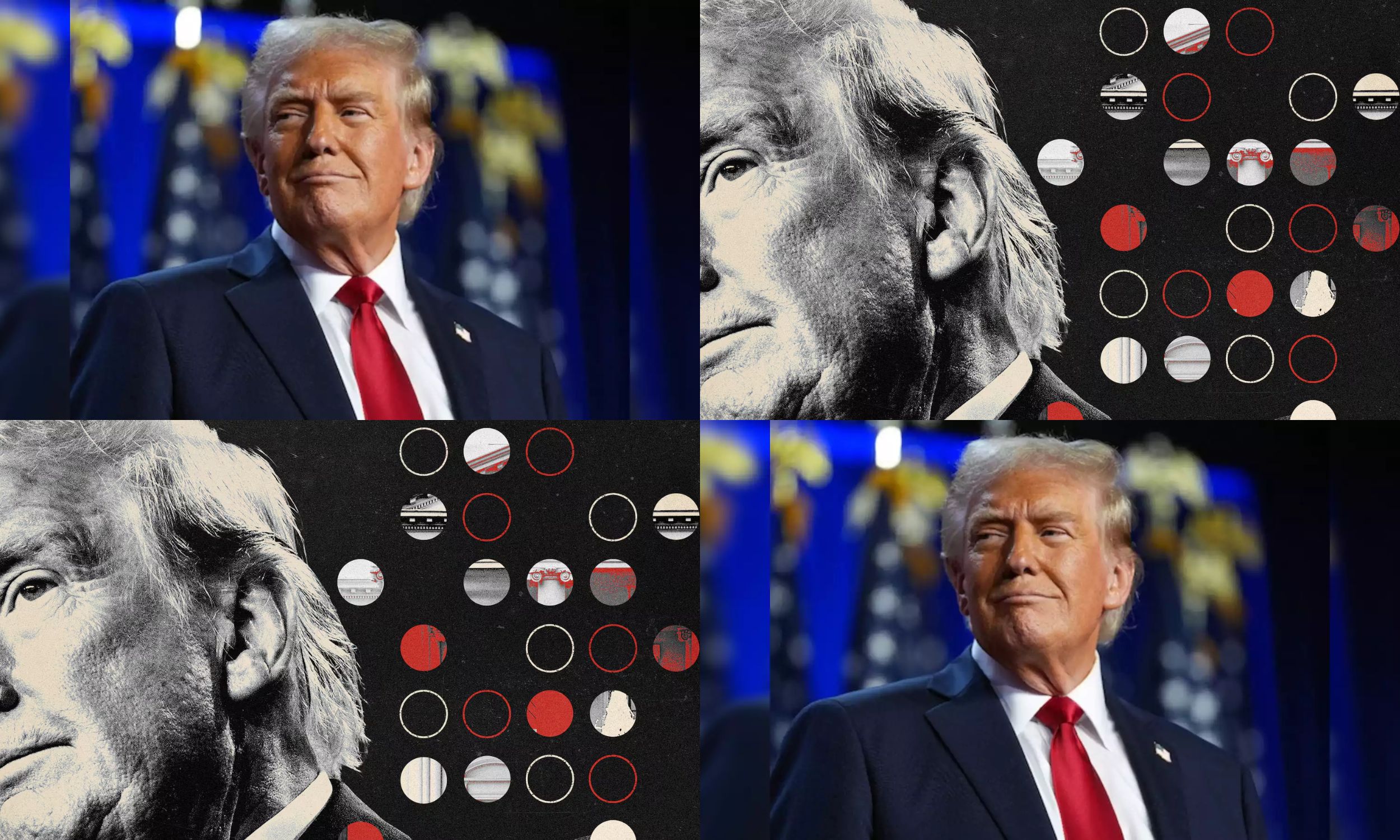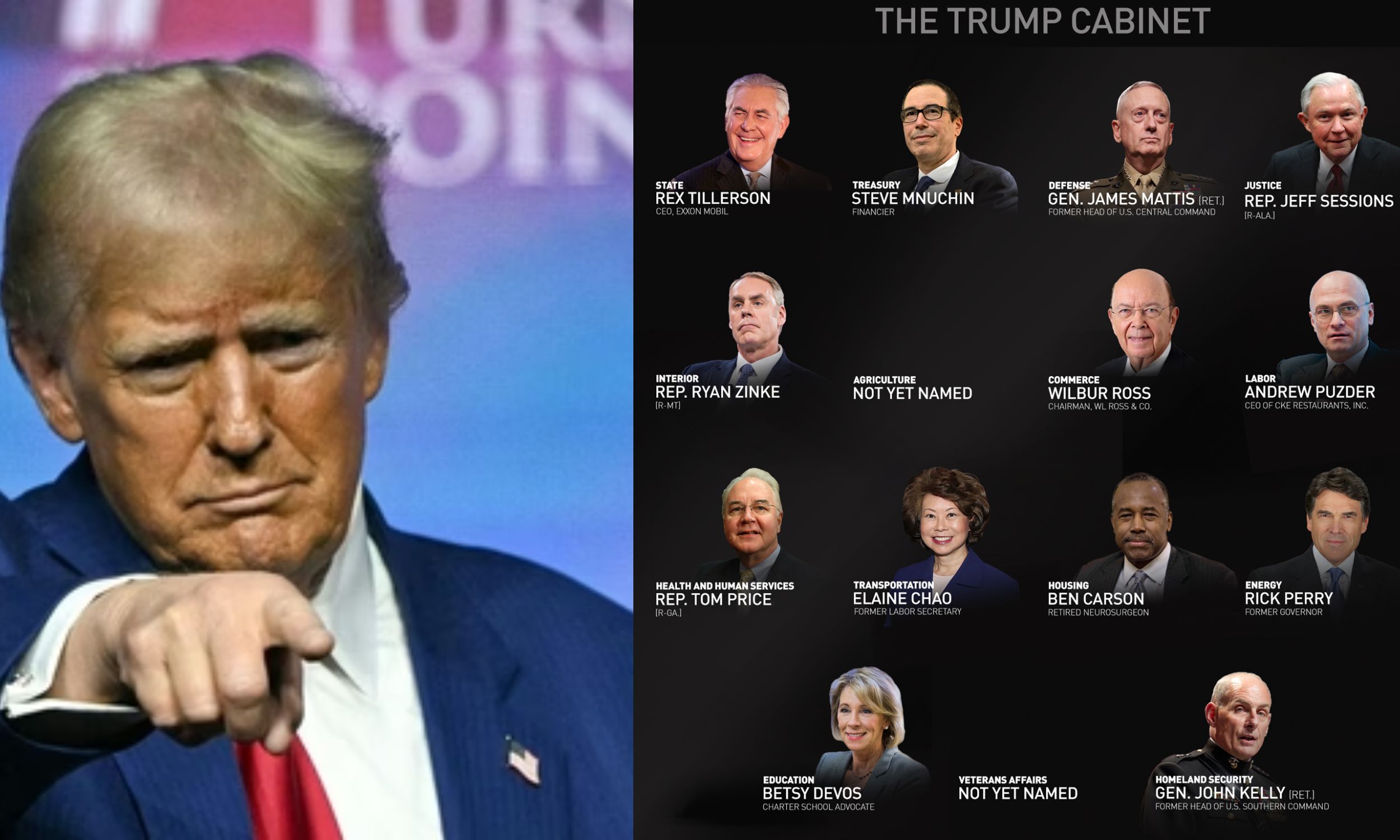Donald Trump’s cabinet appointments have played a pivotal role in shaping his vision for the country, reflecting his priorities on economic growth, immigration reform, and national security.
Throughout his presidency, Trump selected individuals with varied backgrounds, many from the business world, military, and conservative think tanks, to fulfill key positions. These picks were often controversial, with their policies and ideologies aligning closely with Trump’s “America First” agenda.

Trump’s focus on reshaping trade and defense policies is seen in his strategic cabinet selections
For instance, his choice of Rex Tillerson, a former CEO of ExxonMobil, as Secretary of State highlighted Trump’s desire to bring a business-oriented approach to foreign policy. Similarly, the appointment of Betsy DeVos as Secretary of Education underscored his commitment to school choice and privatization of public education.
On the other hand, figures like Mike Pence, as Vice President, and General James Mattis, as Secretary of Defense, provided a more traditional political and military perspective to balance the administration’s more unconventional moves.
Trump’s cabinet reflected his strategy to surround himself with advisors who would champion his populist and nationalist views, particularly in matters of trade, defense, and the economy.
These figures were tasked with implementing policies that sought to dismantle regulatory frameworks, renegotiate trade deals, and assert American interests globally, often leading to serious shifts in long-standing U.S. policies. The effectiveness of these appointments in realizing Trump’s vision is a matter of ongoing debate, but they undeniably left a lasting impact on the trajectory of his presidency.























